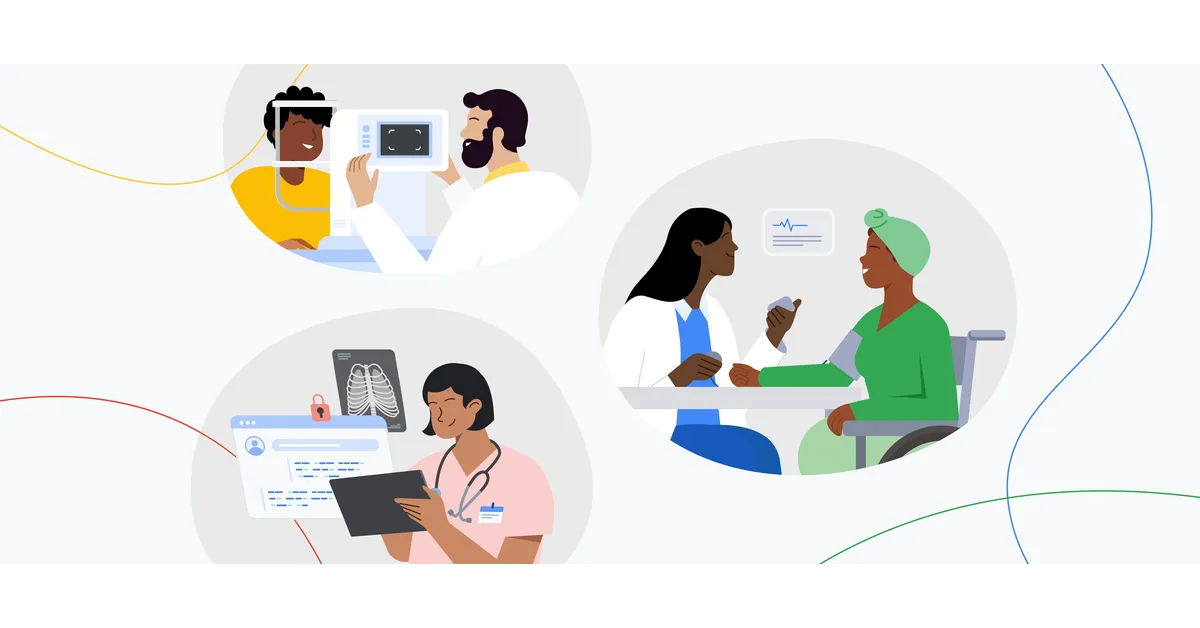During its annual The Check Up event, Google revealed new AI-powered healthcare services for Android, search, and other products. The six new AI healthcare features are: What People Suggest in Search; medical records APIs in Health Connect; loss of pulse detection; AI co-scientist; TxGemma; and paediatric oncology therapy alternatives.
Gemini models are making AI overviews on health topics more accurate and relevant. Additionally, Google helps users connect with trustworthy sources and offers knowledge panels on common health topics. Starting with mobile, they are spreading to new nations and languages, such as Spanish, Portuguese, and Japanese, and have expanded these overviews to include thousands more health subjects thanks to AI and quality systems.
Also Read: Lenovo Idea Tab Pro with AI features and Tab Pen Plus compatibility launched in India
“What People Suggest” is a new tool that Search is launching to help users get medical information from experts and people who have had similar experiences. The tool enables users to rapidly comprehend what others are saying by using AI to organise online discussions into easily understood categories. For example, people with comparable problems might educate users about workout approaches and routines. In the United States, the feature is accessible on mobile devices.
New Medical Records APIs have been released by Health Connect to facilitate the management of medical information across various apps. Apps may read and write medical record information in the standard FHIR format, including allergies, prescription drugs, vaccinations, and test results, thanks to these APIs. Connecting routine health data with data from doctor’s offices is made simpler by Health Connect’s support for more than 50 data types, including vitals, activity, sleep, nutrition, and medical records. You have complete control over which apps can access your data, which is saved locally on your device.
The Loss of Pulse Detection function on the Pixel Watch 3 has received approval from the FDA in the United States. When this cutting-edge feature detects a loss of pulse, if the user is not responding, an emergency call for life-saving care is made. It was first announced in 2024 and is now available in 14 countries. At the end of March, it will be released in the United States.
Based on Gemini 2.0, Google has recently unveiled an AI co-scientist system to help biomedical researchers generate novel hypotheses and research plans The method assists researchers in analysing vast amounts of scientific information and producing original, high-caliber hypotheses. The AI co-scientist will offer testable hypotheses, including a synopsis of the relevant literature and a possible experimental strategy after researchers use natural language to express their research goal. This novel method seeks to increase knowledge of the microbes that cause disease.
The collaborative tool with partners like Stanford University, Houston Methodist, and Imperial College London seeks to speed up specialists’ work and help them find new ideas.
The company has unveiled TxGemma, a set of open models based on Gemma that are intended to increase the effectiveness of AI-powered drug development. Researchers can forecast the efficacy and safety of novel treatments thanks to TxGemma’s comprehension of both regular language and the structures of medicinal substances. Later this month, the Health AI Developer Foundations will provide the model to the public for additional development.
Also Read: Samsung Galaxy S25 Edge European pricing leaked ahead of April launch
Capricorn, an AI tool being developed by the Princess Máxima Centre for Paediatric Oncology in the Netherlands, employs Gemini models to assist doctors in determining personalised cancer treatments. It creates summaries of treatment alternatives and relevant medical data using a large amount of publicly available medical data as well as de-identified patient data, freeing doctors to concentrate on patient care.



